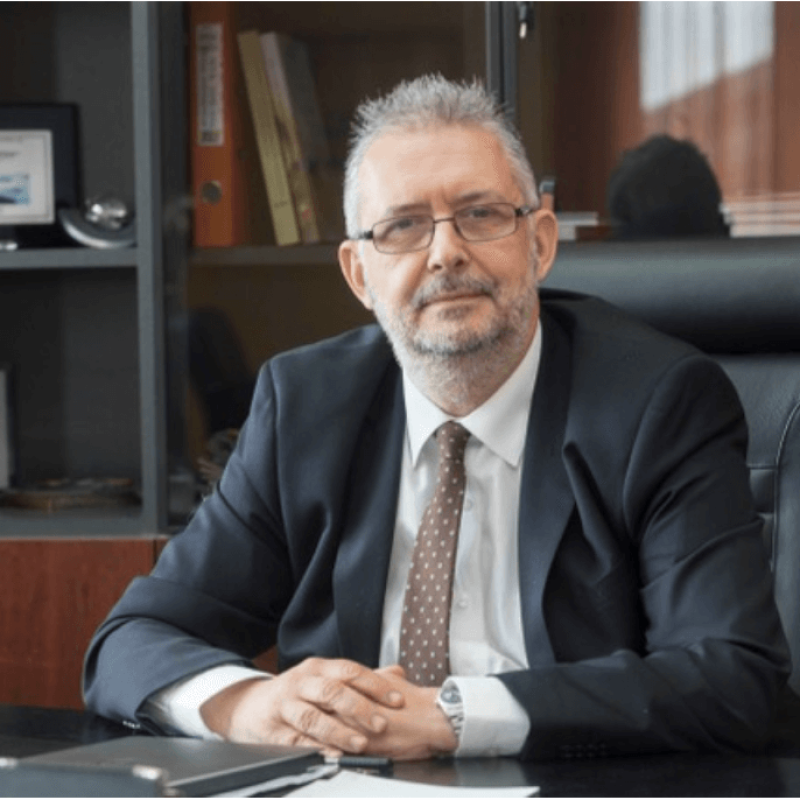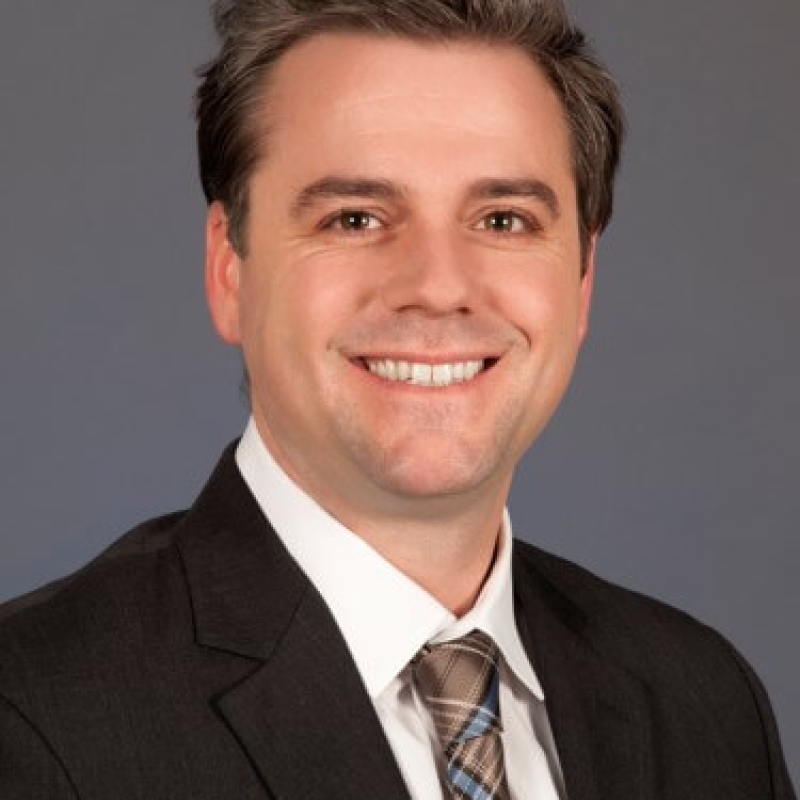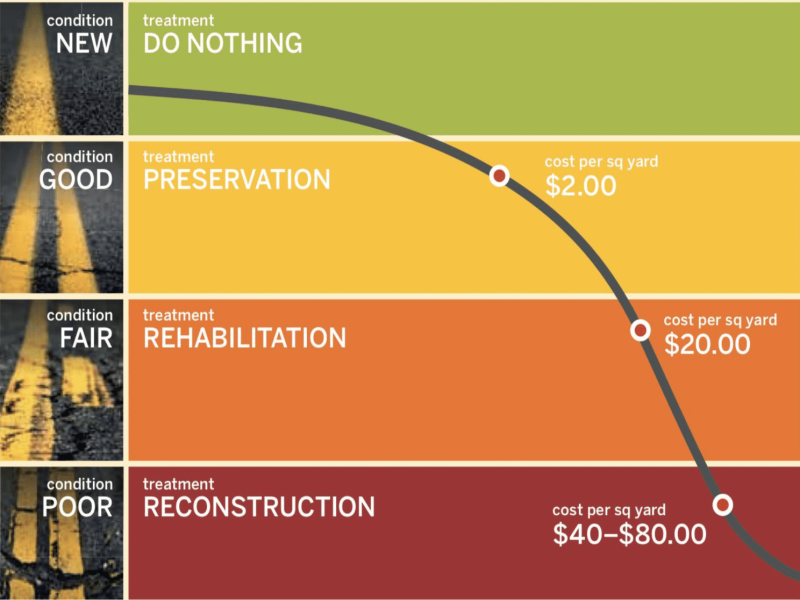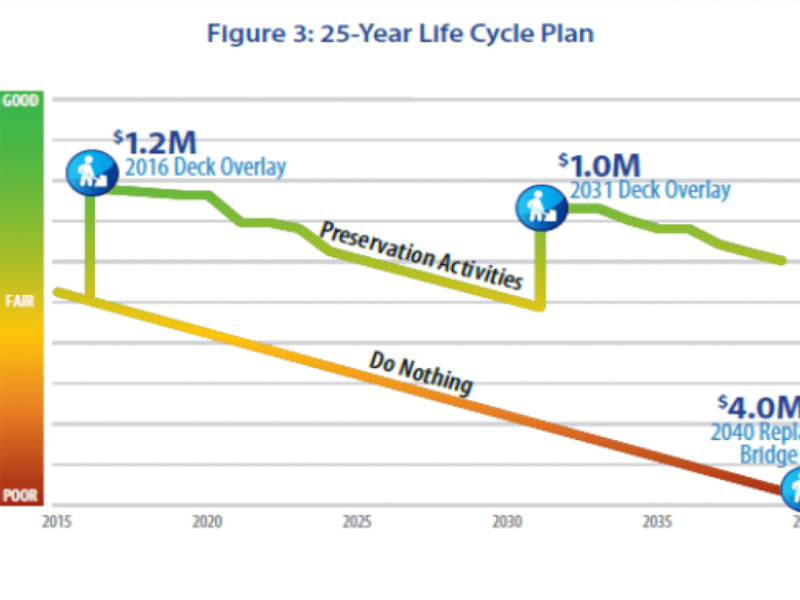“Infrastructure is the backbone of the U.S. economy and a necessary input to every economic output. Deteriorating infrastructure, long known to be a public safety issue, has a cascading impact on our nation’s economy, impacting business productivity, gross domestic product (GDP), employment, personal income, and international competitiveness.” ASCE, 2017. The steady decrease in financing for maintenance and preservation has created a funding gap that cannot be closed with new resources alone.
Today’s planners and engineers need accurate life cycle cost analysis to reduce cost and optimize limited resources into infrastructure projects that create the best value. Furthermore, asset owners and stakeholders need to address the impact of climate change and account for resilience while at the same time dealing with the problem of deferred maintenance. There is a growing need to prepare for a changing climate by including better information, new tools, and innovative best practices.
The Infrastructure Asset Management Academy for Engineers and Planners (IAMA) is a 6-course program taught by experts at CAIT and our industry partners that is designed to provide students with the knowledge, tools, and experience needed to make more informed decisions that can help them extend the service life, account for resiliency, and minimize the risk of their assets — and take the next step in their careers. Courses will conveniently be offered virtually, eliminating the cost and time demands of travel.
Located in the Northeast region, home to some of the oldest and most complex transportation systems in the world, Rutgers Center for Advanced Infrastructure and Transportation (CAIT) understands the importance of managing the roads, bridges, pavements, and other assets that make up our vital infrastructure systems. Decades of applied research and technology transfer with our regional partners have taught us the most pressing asset management needs of today, and now we are sharing that knowledge through our new Infrastructure Asset Management Academy for Engineers and Planners program.
Whether you are a graduate student looking to enter the transportation and/or infrastructure workforce, or a current asset owner needing help moving to the next level or improving your operations, IAMA covers everything from asset management basics to specifics on bridge management, pavement management, and resiliency planning.
The academy consists of 6 courses covering the fundamentals of asset management, infrastructure resilience planning, predictive modeling and asset investment planning, and bridge, pavement, and rail management systems. In order to graduate from the academy, students must complete three core courses (Fundamentals of Asset Management Part 1, Fundamentals Part 2, and Infrastructure Resilience Planning), followed by their choice of Bridge Management Systems, Pavement Management Systems, or Track Asset Management Systems.
Upon completion of the four-course requirement, attendees will graduate the academy with a professional development certificate from Rutgers CAIT. Attendance certificates and PDH credits will be provided for individual courses indicating professional development hour credits earned for each.
Learn more about our program courses and instructors below!
Description: The Fundamentals of Asset Management (FAM) course will cover the Infrastructure & Transportation Asset Management journey over the last 20 years and what we now see as the current and future trajectory of developing a sustainable and scalable asset management program for your organization that is appropriately sized for your needs. The course is designed for the agency-level asset manager, maintenance manager and engineering consultants, and will provide all participants with a solid base of understanding of the various elements and stages of building a modern and forward-looking asset management program.
Link: Learn more here.
Description: This follow up session is intended to build upon the content previously covered in the Fundamentals of Asset Management Sessions (The TAM Journey & Fundamental Components) and is generally geared towards folks who are involved with or responsible for maintenance and operations planning and management, and or those who are involved with or responsible for the development of capital planning and programming. The course will delve deeply into the use of current asset investment planning technologies and methods and will demonstrate how users can perform life cycle planning and trade off analysis that result in objectively derived asset and portfolio interventions that are based on quantifiable data and human applied influences.
Link: Learn more here.
Description: This course is for Engineers, Architects and Business Managers who have responsibility for the operation, state of good repair and reliability of transportation system infrastructure assets and who will benefit from knowledge about the various resiliency planning strategies to compensate for the long term effects of global warming and climate change in developing capital planning and programming, as well as, the short term need for preparedness and emergency response when a hazard strikes.
Link: Learn more here.
Description:
This course provides the basics for developing a pavement management system to help local governments manage their pavement network by providing an understanding of the concept and importance of road surface inventories and condition surveys. The course provides illustrations of how to recognize common pavement distress, the creation of pavement condition evaluations, and the utilization of performance and economic analyses to develop annual pavement treatment programs. Repair strategies at the system and project level are discussed using the information presented in the course.
*Equivalency credit will be provided if the NJLTAP “Pavement Management Systems for Local Agencies” or “Pavement Management” workshop has been previously attended.
Link: Learn more here.
Description: This course will provide attendees with an overview of what a Bridge Management System is and how a BMS can help bridge owners justify needed funds, allocate money to programs, forecast condition and performance to understand and plan for the future, do strategic analysis, select a program of projects that achieve the largest benefit over cost, and help agencies make prioritized cost-effective decisions.
Link: Learn more here.
Maria Boile, Ph.D.

Dave Kuhn, P.E.

Yun Bai, Ph.D.

Sotiris Theofanis, Ph.D.

Baris Salman, Ph.D.

Mr. Rod Lovely, PE

Nick Vitillo, Ph.D.

Joseph Englot, PE

Dan Barone, Ph.D.



After completing the 4 out of 6 required courses, students will leave the Infrastructure Asset Management Academy with:
- A professional development certificate from Rutgers CAIT
- Professional Development Hour (PDH) credits from each individual session
- A deeper understanding of asset management practices and how to apply them to your organization’s needs
- Future course offerings will be listed here.
CAIT develops practical tools and processes that can be applied—not in theory, not on paper, not five years in the future—but as mainstream tools in the hands of transportation professionals solving real-world problems right now.
Since 1998, CAIT has been a University Transportation Center (UTC)—a group of academic research institutions sanctioned and supported by the U.S. Department of Transportation. It was named one of only five National UTCs in 2013 and selected to lead the Region 2 UTC in 2018.
Dr. Ali Maher, Professor and Director, Rutgers CAIT
- Email: mmaher@soe.rutgers.edu
Ryan Stiesi, Program Development Specialist, Rutgers CAIT
- Email: rps118@soe.rutgers.edu

